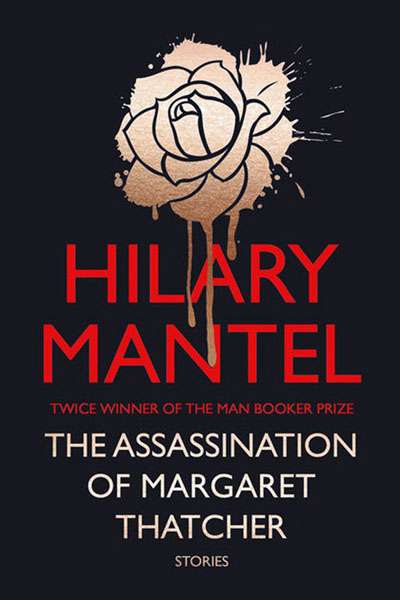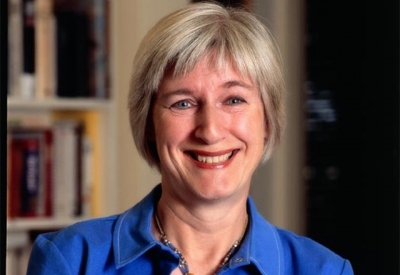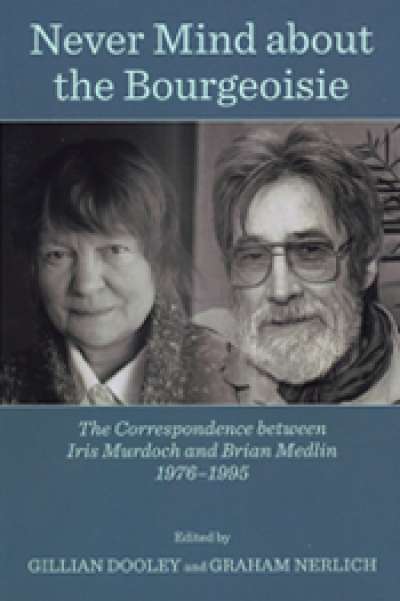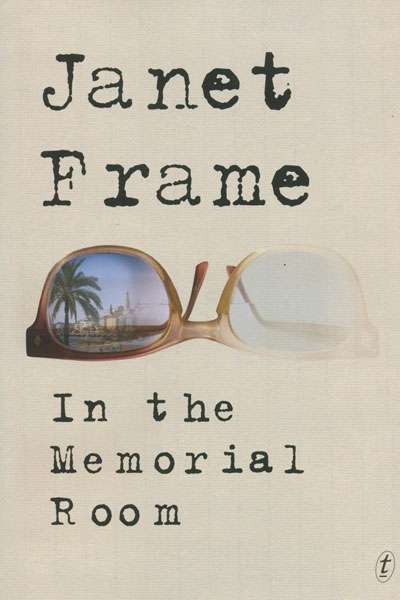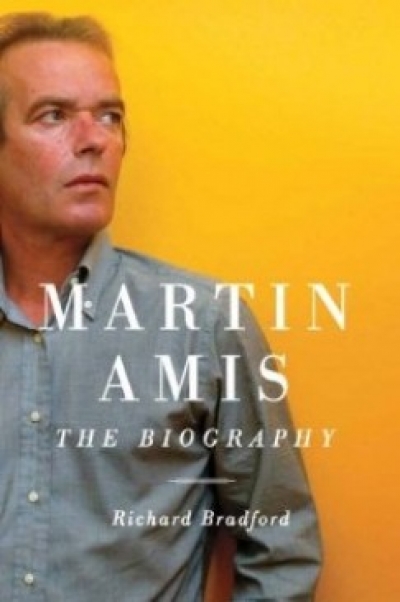Jane Sullivan
The Assassination of Margaret Thatcher: Stories by Hilary Mantel
by Jane Sullivan •
Books of the Year is always one our most popular features. Find out what our 41 contributors liked most this year – and why.
... (read more)As a journalist, I have been constantly thrown in the deep end and expected to review everything from books to shows to films to restaurants. I still admire some classic figures I idolised when I was starting out in England and didn’t know much about anything: Kenneth Tynan on theatre; Pauline Kael on film; Clive James on television. More recently, James Wood on literature. And many Australians!
... (read more)Never Mind about the Bourgeoisie: The correspondence between Iris Murdoch and Brian Medlin 1976–1995 edited by Gillian Dooley and Graham Nerlich
by Jane Sullivan •
The Love-charm of Bombs: Restless Lives in the Second World War by Lara Feigel
by Jane Sullivan •

